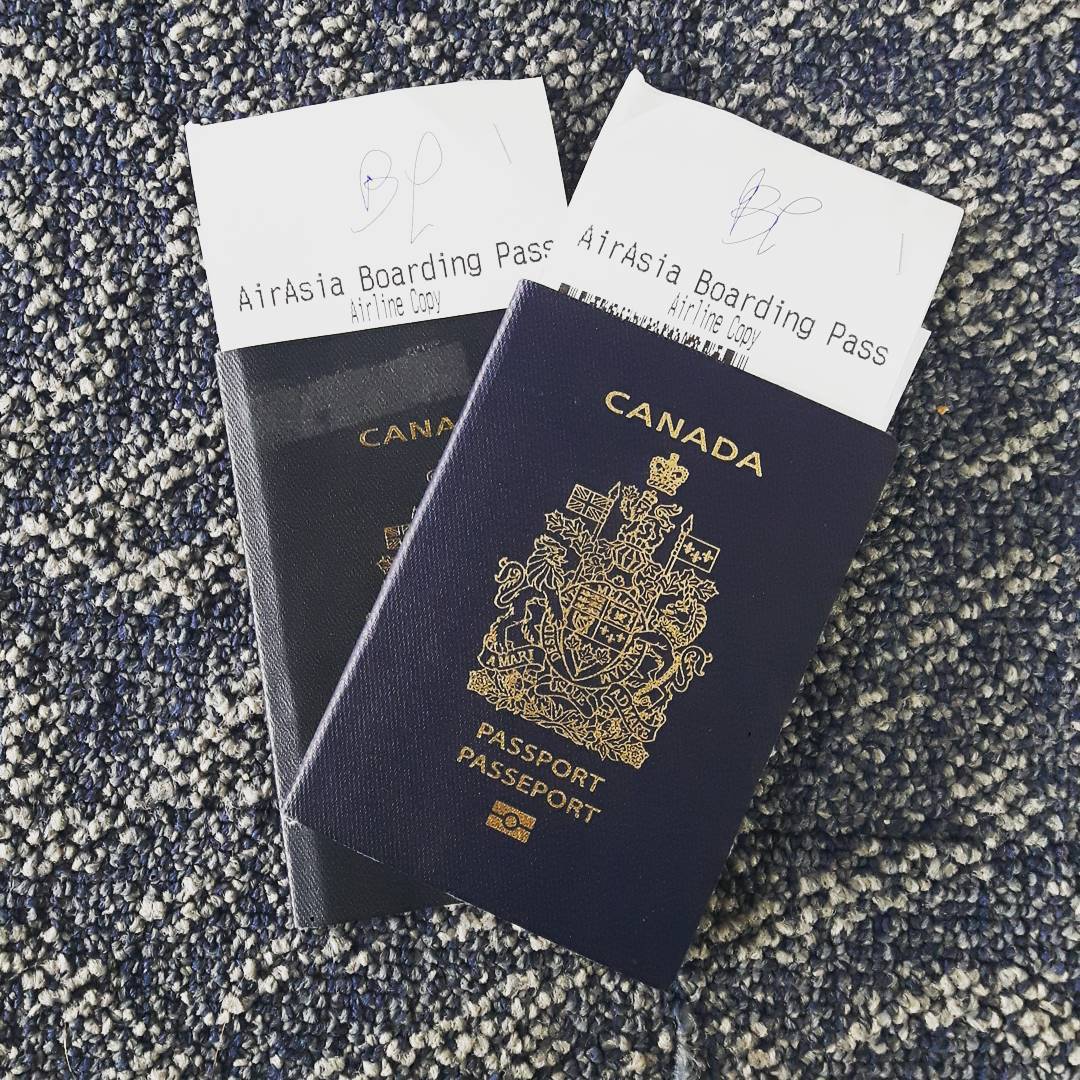
Vietnam has become one of the most captivating destinations in Asia for Canadian travellers. From the bustling energy of Ho Chi Minh City to the tranquil beauty of Ha Long Bay, the country offers something for every explorer. But before you board your flight, it’s essential to understand one key detail — your Vietnam electronic visa validity. Many Canadians assume their eVisa automatically lasts 90 days from arrival, but in reality, that’s not how it works. Misunderstanding your visa dates can lead to fines, denied entry, or even future travel restrictions. This guide explains everything Canadians need to know about Vietnam’s eVisa validity, ensuring your journey is smooth, compliant, and stress-free.
For Canadians travelling to Vietnam, understanding the visa validity period is crucial to avoid complications during your trip. Each year, countless visitors find themselves facing fines or delays simply because they misread their visa’s start and expiry dates.
The Vietnam electronic visa (or eVisa) operates on fixed validity dates, determined by what you enter on your online application — not by when you physically arrive in the country. That means if your eVisa says it’s valid from March 1st to March 30th, it will expire at midnight on March 30th, even if you land in Vietnam on March 15th.
This system is straightforward but strict. Once issued, the eVisa’s validity cannot be changed or extended online. For Canadians who value flexible travel plans, it’s essential to finalize your itinerary before applying to make sure your visa covers the entire length of your stay.
The Vietnam electronic visa allows Canadians to stay in the country for up to 90 days (three months). During the application process, travellers can choose between a single-entry or a multiple-entry visa, depending on their plans.
When you complete the online form, you’ll be asked to specify both an entry and an exit date. Your visa is only valid within this timeframe — it doesn’t automatically adjust to your arrival or departure. For instance, if your eVisa lists May 1st as the start date and July 30th as the expiry date, those are your exact valid travel days. Entering later doesn’t extend your stay.
Many Canadian travellers mistakenly assume that “90 days” refers to 90 days from entry. However, the validity period begins on the date printed on your eVisa approval, not on your arrival date. Understanding this simple rule can save you a great deal of confusion and trouble when crossing Vietnam’s borders.

When applying for a Vietnam electronic visa, Canadians can choose between single-entry and multiple-entry options, both valid for up to 90 days. The key difference lies in flexibility and convenience.
A single-entry eVisa allows Canadians to enter Vietnam once and stay until the expiry date. Once you leave the country, even briefly, the visa becomes invalid — regardless of how much time remains. This type is ideal for travellers who plan to explore only Vietnam during their trip.
Meanwhile, a multiple-entry eVisa lets you enter and exit Vietnam multiple times within the validity period. It’s perfect for Canadians planning a Southeast Asian adventure, visiting nearby countries like Cambodia, Thailand, or Laos before returning to Vietnam. However, remember that multiple entries do not extend your overall visa duration — the expiry date remains fixed.
Choosing the right type from the start ensures your travel plans are smooth and uninterrupted, without unnecessary visa issues.
At present, Vietnam does not allow extensions of the electronic visa while you are inside the country. Once the eVisa reaches its expiration date, Canadians must exit Vietnam and apply for a new one to re-enter.
In special circumstances — such as medical emergencies or unexpected travel disruptions — travellers may contact the Vietnam Immigration Department to request a short-term extension. However, these cases are rare and subject to official approval.
For most Canadians, the simplest solution is to plan accordingly. If you think you’ll need more time, consider doing a short visa run — for example, fly to Bangkok or Phnom Penh — and apply for a new eVisa before returning to Vietnam. To make things easier, https://www.vietnamimmigration.com/apply-vietnam-visa/ provides fast, verified visa services for Canadians, offering 24/7 support, quick approvals within 2–8 hours, and a 100% guarantee on visa acceptance.

Overstaying your Vietnam eVisa, even by a single day, is considered a legal violation. Depending on the duration of the overstay, fines can range from 500,000 Vietnamese dong (around $25 CAD) to several million dong for longer overstays.
In more severe cases, Canadian travellers may be placed on a temporary entry ban list or face difficulties re-entering Vietnam in the future. Airlines may also refuse boarding if the overstay isn’t resolved properly.
To avoid these issues, always double-check your visa’s “valid until” date and plan to leave Vietnam a few days before it expires. If you find yourself in an unexpected situation that may lead to overstaying, contact the nearest Vietnam Immigration Office as soon as possible for assistance.
By planning carefully and managing your visa dates responsibly, Canadians can fully enjoy Vietnam’s natural beauty, fascinating culture, and warm hospitality without worrying about visa troubles.
For Canadian travellers, understanding the Vietnam electronic visa validity is essential to a seamless and enjoyable trip. Knowing when your visa starts and ends, what type best suits your travel plans, and how to handle extensions or overstays ensures peace of mind throughout your journey.
When it’s time to apply, rely on VietnamImmigration.com — a trusted, experienced platform that helps Canadians secure their visas quickly, safely, and confidently.

